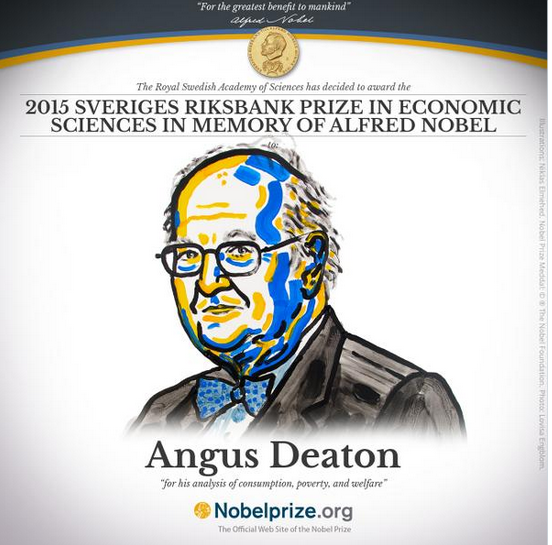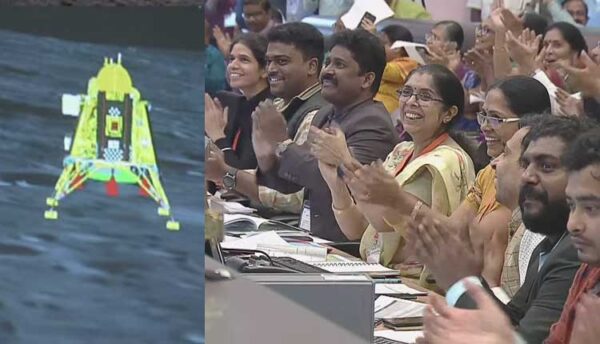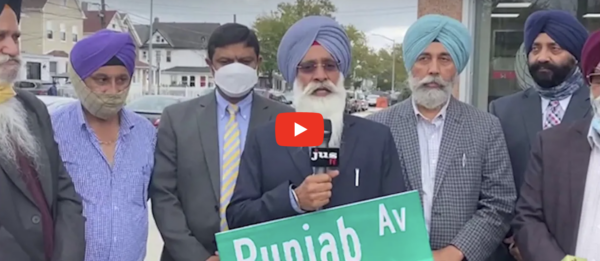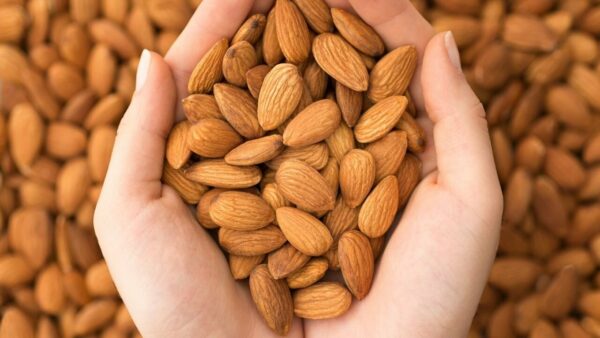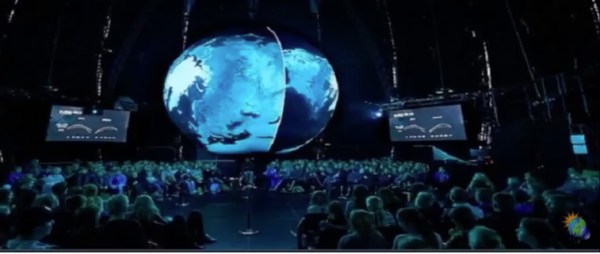The noble price for economic science got declared on the 12th October 2015.Princeton professor Angus Deaton won it for his efforts for analysis of consumption, poverty, and welfare. He is a teacher of economics and international affairs. His research centered around CONSUMPTION, POVERTY, AND WELFARE
His research focused on singular decisions and their outcomes by answering three questions:
– How the people allocated their money for different needs, developed in 1980?
– How much of community’s income is spent and how much is conserved researched in 1990?
– How do we best measure and analyze prosperity and scarcity in developing countries with input from household surveys?
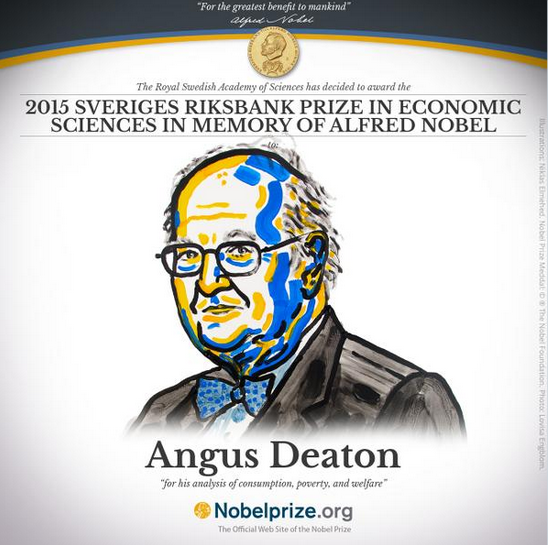
photo credit: http://www.huffingtonpost.com/
The answers to these queries, which Deaton studied for decades, can be used by the political and scientific communities to design economic policy that promotes the welfare and reduces poverty.
“By emphasizing the links between individual consumption decisions and outcomes for the whole economy, his work has helped transform modern microeconomics, macroeconomics and development economics,” the academy said in a statement.Via
His work took decades to complete. The principal of his work concentrates on how to level scarcity around the world. The inquiry of who is poor, he says, is very easy to ascertain at a neighborhood level. It’s doable at a state level. But when you try to resolve just who is disadvantaged worldwide, it’s nearly unimaginable. Figuring out what scarcity is worldwide is a major component of Deaton’s work.
He has questioned if scarcity should just get measured in terms of the problem, “Do you have sufficient to eat?” or if other circumstances should play into the description? — and if those conditions get varied across various communities.
Deaton composed a splendid (non-technical) article about the complexities of estimating scarcity back in 2003. In it, he wrote of all the diverse circumstances that have nothing to do with having sufficient food that go into deciding if somebody is poor throughout the world:
Even if you have sufficient goods, they are worth little if you are not strong enough to use them. The kids who live in unsanitary conditions will get little nutritional advantage from the diet that they have if they consistently suffer from diarrhea.
More broadly, young females who are not given the chance to go to Schoolhouse encounter yet another type of scarcity. The lack of not being able to read and to go through the liveliness that are only open to the educated.
People are also weak in another sense if they lack the means to participate fully in the society in which they live. Who in Adam Smith’s term “are afraid to emerge in public,” even if their earnings would be sufficient in some other communities.
Deaton’s 2013 book ‘The Great Escape’ looks at the interplay between health and prosperity across the previous 250 years. How the two in the sequence have given the amount of inequality that we see today? Here’s a small quotation (taken from a longer excerpt posted by Cardiff Garcia), in which Deaton shows that income inequality has a tremendous effect on democratic results and is accordingly a significant obstacle:
The very prosperous have little need for state-provided schooling or wellness care; they have every reason to advocate cuts in Medicare and to oppose any rise in charges. They have even less cause to maintain health coverage for all, or to worry about the small quality of public schools that bothers much of the country. They will fight any supervision of banks that reduces gains. Likewise, if it helps those, who cannot cover their debts or preserves the public against greedy lending, false publicity, or even a recurrence of the economic wreck.
To worry about these results of excessive contrast has nothing to do with being jealous of the rich and all to do with the fear that rapidly growing top incomes are a threat to the wellbeing of everyone else.

